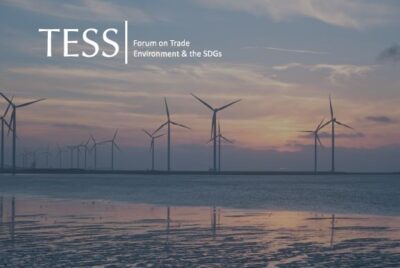
Christophe Bellmann and Mahesh Sugathan
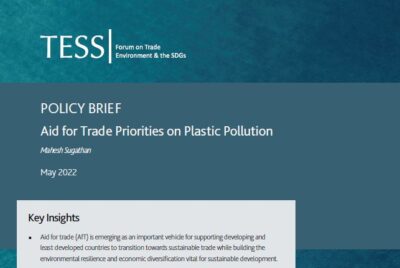
Mahesh Sugathan
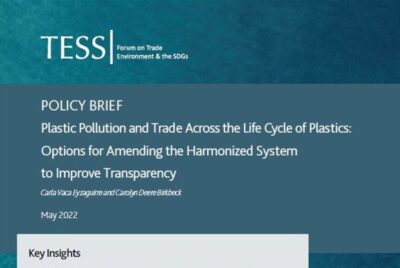
Carla Vaca Eyzaguirre and Carolyn Deere Birkbeck
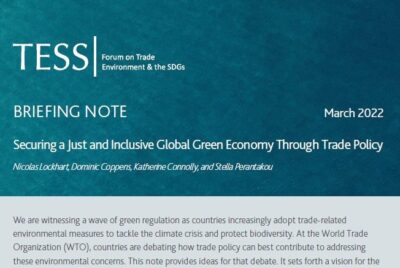
Nicolas Lockhart, Dominic Coppens, Katherine Connolly, and Stella Perantakou
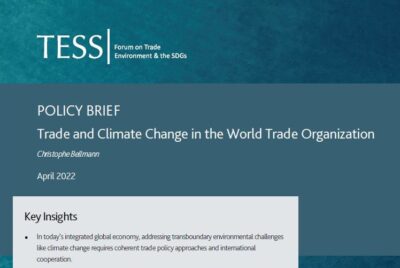
Christophe Bellmann
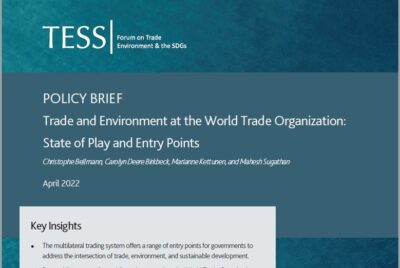
Christophe Bellmann, Carolyn Deere Birkbeck, Marianne Kettunen, and Mahesh Sugathan

How can friends of the multilateral system re-engage the United States under President-elect Biden?
By Richard Baldwin, Chad Bown, Jonathan Fried, Anabel Gonzalez, André Sapir and Tetsuya Watanabe
The Trump administration forcefully and explicitly undermined multilateral economic cooperation. This could not have come at a worse time. The world is facing two immediate and era-defining challenges in 2021: the global pandemic, and the global recession. Equally important is the need for multilateral cooperation on climate and the environment. Tackling these challenges will require constructive engagement of all the world’s largest economies.
How should nations who support multilateralism help get America back to supporting, strengthening, and improving a fair, rules-based trading system that provides good jobs, rising living standards, and prosperity for all?
On the current trajectory, the answer to that question seems destined to rely on bilateralism. We argue that bilateralism is not the right way to spark multilateralism. We suggest that there is a bigger, bolder, broader, more multilateral pathway to a reinvigorated international economic cooperation. The plan has two pillars: 1) working together, and 2) formulating initiatives as ‘trade tracks’ in the broad portfolio of foreign policy and climate policy initiatives.
